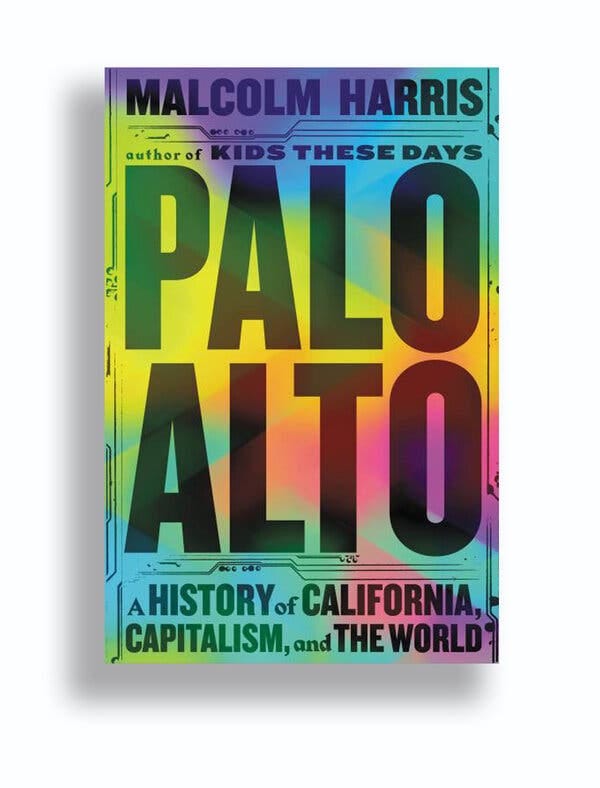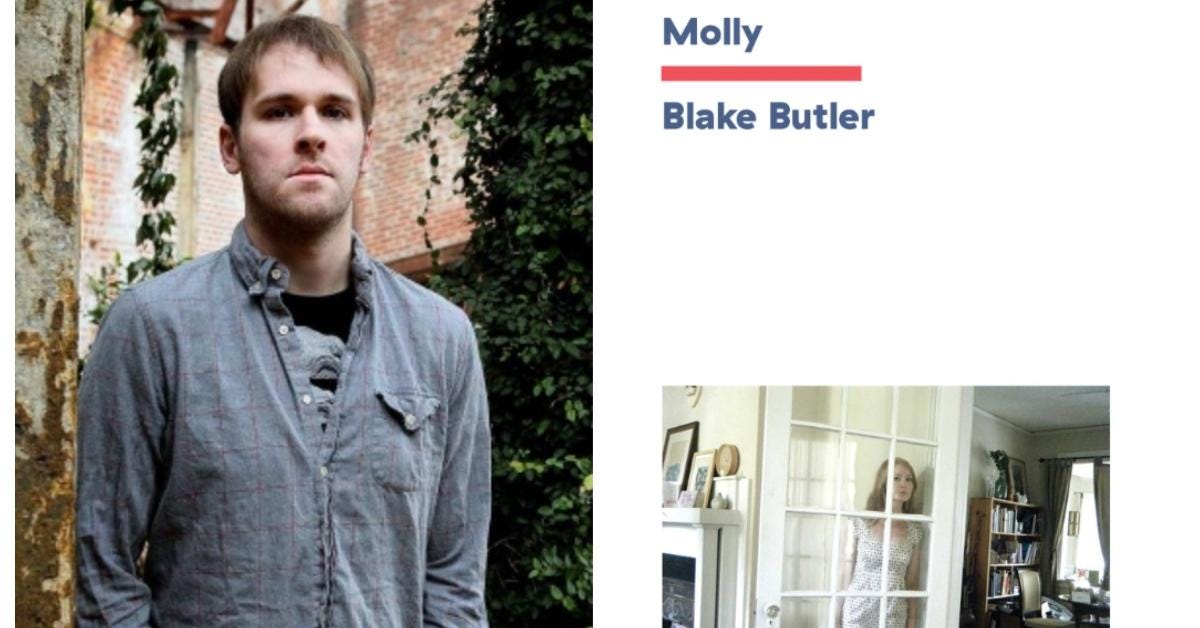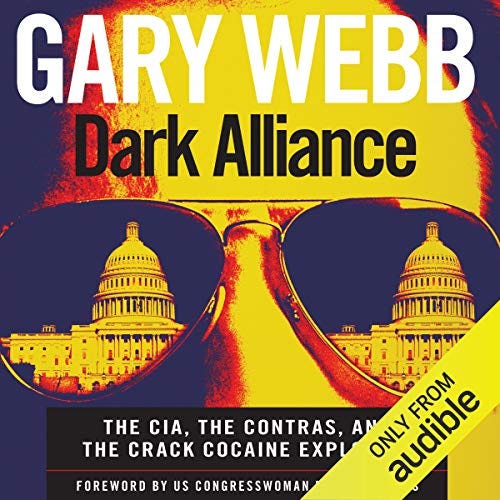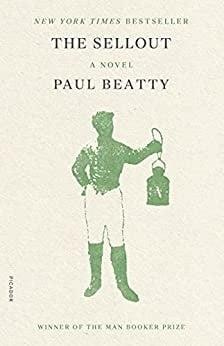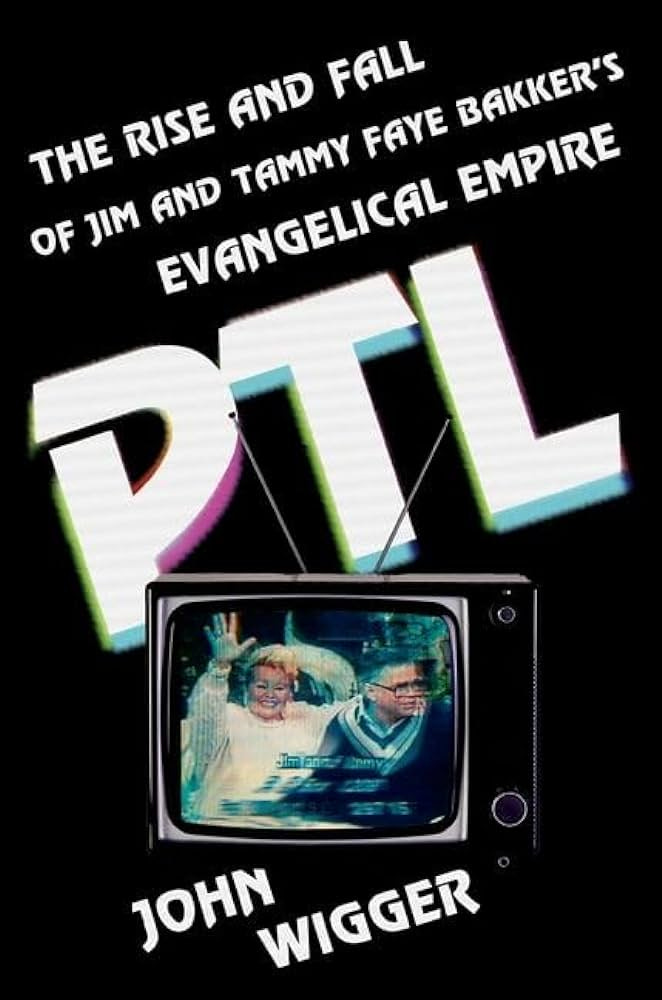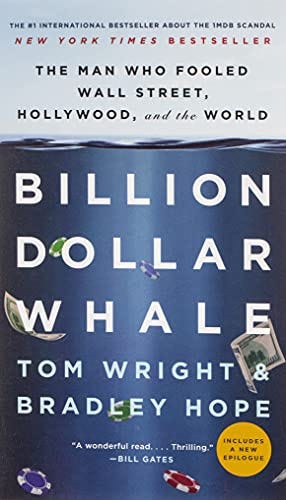Back in June, I published “Towards a Program for the Resurrection of Focus”, a rant and a plea about how much trouble I was having reading books or doing other things that required tuning out the distractions of the world. As it turns out (and only partly because I’ve gotten some time off from the grind), this is the year that I really reversed that, and wound up reading a LOT of books this year.
I say “read,” but several of the below I actually consumed as audiobooks. I’ve recently been leaning towards taking in historical works in particular this way.
But also, as a truly embarrassing followup on that focus post, I recently capitulated to getting reading glasses, and discovered that that may have, for as long as a couple of years, been a real limiting factor to my reading. So I’m pretty excited to read a lot more, in a way that feels like a new lease on life.
Below is the best stuff I read (with my ears or my eyes) in 2023. The first section is new releases, and below that you’ll find older stuff that I finally read this year.
2023 Releases
The Wager – David Grann
Pure reading pleasure, from the author of Killers of the Flower Moon. Like the cover says, a tale of mutiny and starvation on the high seas – sort of like Dan Simmons’ The Terror, but without the giant yeti. Personally in stories like this, I do the seal clap when scurvy shows up. I’m a huge fan of scurvy, or at least reading about scurvy.
The sailor’s disease is a particularly excellent way to draw into focus just how deeply and fundamentally human society has changed, just over the last two centuries. That’s an infinitesimal flash in the grand sweep of human existence, but it has seen us go from starving to death in wooden ships driven by the wind, to watching movies on international flights. Our minds may not have caught up with our technology.
Malcolm Harris – Palo Alto
Everything comes from somewhere, and our culture and politics today come from the horse-breeding practice of one underperforming rich man’s son – Leland Stanford Jr., namesake of Stanford, and an enthusiastic eugenicist. As I wrote here, that interest in scientific breeding and rearing carries forward in the person of Sam Bankman-Fried.
That’s just one historical thread that Harris pulls from the late 19th century into the present day, and one of the more abstract. More directly, he traces the way Stanford, as well as MIT and other institutions, were turned into tools for military research – including the techniques of psychological manipulation cooked up by the C.I.A.’s MKUltra program.
Crypto Crooks – David Z. Morris
Alright, it’s not a book. But at close to nine hours of listening, the documentary audio series I created and wrote for CoinDesk has about as much content as a mid-sized book, split over two stories. The first four episodes recount the tale of BitConnect, maybe the most significant crypto fraud prior to FTX. We went far enough down the rabbit hole to uncover connections that I’d never seen covered elsewhere in Western media – connections to the very highest levels of the Indian government.
The second season was about Do Kwon and Terra. It’s a shame we didn’t get to do more of these (R.I.P. CoinDesk), but these two stories seem like a good pair of bookends. Do Kwon’s pitch for an “algorithmic stablecoin” was barely more coherent than BitConnect’s promises of infinite volatility trading profits, but by 2022, Kwon was able to trick big-name venture capitalists, not just plebs.
The Entanglement - Alva Noe
This is a book about the relationship between art and life, that just happens to offer key insights on artificial intelligence and its limits.
Noe makes a crucial, even revelatory argument, roughly to the effect that humans act in the world through their relationship to the entire history of human art and culture. A subtle, nuanced approach to this question is crucial because the tech industry is trying to convince you that a machine can make art – an idea that’s not just wrong, but dangerous to the essence of what it means to be human.
This is the rarest kind of philosophy book, in two ways. First, it’s very readable for an educated non-specialist. Noe isn’t throwing around technical terms here, or pushing the boundaries of meaning with complex locution. Second, The Entanglement is powerfully relevant to a current issue, without being reductive.
Molly – Blake Butler
I get one non-tech pick. This was just released, so I’m still barely getting started, but it’s already enthralling and difficult and important. Butler is a gifted, amazing writer of extremely dark and weird fiction, most notably the mass-murder/mind virus chronicle 300,000,000. But Molly is a nonfiction work about something even darker than that – the suicide of his gifted but deeply traumatized wife, Molly Brodak.
In recent years, I’ve struggled for a deeper understanding of what trauma really does to a person. In Molly, Butler takes you along on his own quest to understand what can make a person so sad it’s inescapable, that they can’t see the beauty of life no matter how hard they try.
Going Infinite – Michael Lewis
No, it’s not actually a “good” book.
But Going Infinite is still a must-read for two groups of people: Crypto industry participants trying to avoid future frauds, and journalists looking for a lesson in what not to do.
Most importantly, Lewis provides information about Sam Bankman-Fried that can’t be found elsewhere, particularly about his early life. For journalists, this is also the most weirdly engaging part of the book, as Lewis again and again describes objectively terrible behavior by Bankman-Fried, and seems to soft-pedal or apologize for it. He borders on becoming a classic unreliable narrator, and an engaged reader will very much enjoy trying to dig beneath the surface and understand the psychological barriers keeping Lewis from seeing what is right in front of his face.
The lessons for technology investors are perhaps simpler. In retrospect, the Sam Bankman-Fried story is about character, or lack thereof, and the many people who ignored obvious warning signs. As pollyanaish as it feels to say it, this is the story of immoral people who were blinded by their own greed and lack of character, and got burned by a con-man even worse than them.
Part 2: Old Releases
(Original release dates are in parenthesis.)
Dark Alliance – Gary Webb (1999)
The definitive, meticulously reported account of how the CIA effectively created the crack-cocaine epidemic in the United States in the 1980s and 1990s. Definitely one I recommend in audiobook form unless you’re doing research for a specific project: Webb’s dedication to detail is occasionally overwhelming on the page.
The Beast Reawakens – Martin A. Lee (1997)
This is the essential, and again meticulous account of the post-World War II activities of a network of former Nazis attempting to re-establish fascism from the 1950s well into the 1980s. Out of print but still relatively accessible secondhand, the book particularly details the role of United States intelligence programs in supporting the subversive global activities of one Otto Skorzeny, one of the most notorious Nazis both during and after the war. Incedibly, Skorzeny was friendly with both Yassir Arafat, future leader of the PLO, who he helped train; and Yitzhak Shamir, a future Prime Minister of Israel alongside whom Skorzeny conducted assassinations.)
The Sellout - Paul Beatty (2016)
A truly mind-blowing novel in the African-American satirical tradition that also includes the likes of Ishmael Reed’s Mumbo Jumbo and Chester Himes’ Cotton Comes to Harlem. Like those books, The Sellout is funny as hell, moves fast, is full of engaging and hilarious characters, and is just generally Amazing.
It’s also over the top and zany, and its page upon page of caricature and pantomime are easy to mistake for racial slapstick if you’re not tuned in to the scathing satire (and profound pain) being channeled. It’s a book you might find yourself uncomfortable to read on the subway … and that’s a good thing.
Den of Thieves – James B. Stewart (1992)
The beer that made Milwaukee famous. Or rather, the insane insider trading scheme that made Michael Milken synonymous with fraud and self-dealing. Given Milken’s borderline rehabilitation over the last decade, it’s salutary to be reminded just how brazen his crimes were, involving harvesting tips from a variety of big Wall Street institutions and slick-talking several barely-willing accomplices out of their careers and reputations.
PTL – John Wigger (2017)
If you’re over 30, you probably have at least a vague sense of who Jim and Tammy Faye Bakker are, including Jim Bakker’s alleged assault of Jessica Hahn. But you might NOT know about his involvement in a series of big financial frauds centering on his real estate development ambitions - arguably what really brought him down. This is a fun, breezy read that will fill you in on a crucial episode of classic American bamboozlement.
A Fire Upon the Deep – Vernor Vinge (1992)
A great sci-fi, space-opera page turner. Complete escapism that won’t insult your intelligence. And there are two pretty good books after this in the series.
Billion Dollar Whale – Bradley Hope and John Wright (2018)
A big one that I missed when it came out. Obviously Jho Low, who stole billions of dollars through Malaysia’s 1MDB sovereign wealth fund, is an interesting character. The flows are interesting, too – very broadly, Low’s main scam was to spin up corporate entities with names that could be mistaken for other companies, like calling a Thai LLC “Blackrock East” or the like. Then he’d get excess fees from 1MDB deals funneled to those accounts, which he in fact controlled.
If there’s a downside, I can’t say the book entirely gets inside Low’s head, leaving it unclear whether he was a full-blown sociopath or just a very greedy and ambitious guy with an honestly pretty decent plan. The one element that seems clear is his need for acceptance as a real player – each deal was, in effect, the one that would help him “go clean” by making a big splash with a legitimate deal. That never quite happened. This is also clear, by the way, from Jho Low’s very funny Twitter account, dormant since 2016, where he tweeted profound business insights such as “Students play an important role in the future.” Just like a real investor!
Low also surrounded himself with celebrities, and seemed to really relish interacting with them, rather than them being simply props for his con. That’s a strong common thread, I think, between Low and Sam Bankman-Fried, who also seemed, according to FTX liquidator Jon Ray, to be “buying friends.” And, frankly, with fraudsters like Elizabeth Holmes and Billy McFarland – sometimes the con is less about money than about being seen as an accomplished person.
In the years since this book’s publication, Jho Low, may be in Macau, or may be under house arrest in Shanghai? It’s pretty unclear, but hopefully he’s not done entertaining us.
IBM: The Rise and Fall and Reinvention of a Global Icon (History of Computing) – James W. Cortada (2019)
This one is for a very specialist audience, but for those people, it’s hugely worth a read. This is a meticulous, granular history of Big Blue’s various technological moves and strategies, written by a guy who was an in-house historian there for decades. It includes stuff that most people would find unbearable, like big questions about which huge, clunky peripheral plugs into which kind of terminal. But as my readers probably get, these kinds of decisions matter much more in the path of technological development than most might think. In other words, this is something of a shadow history of the 21st century.





